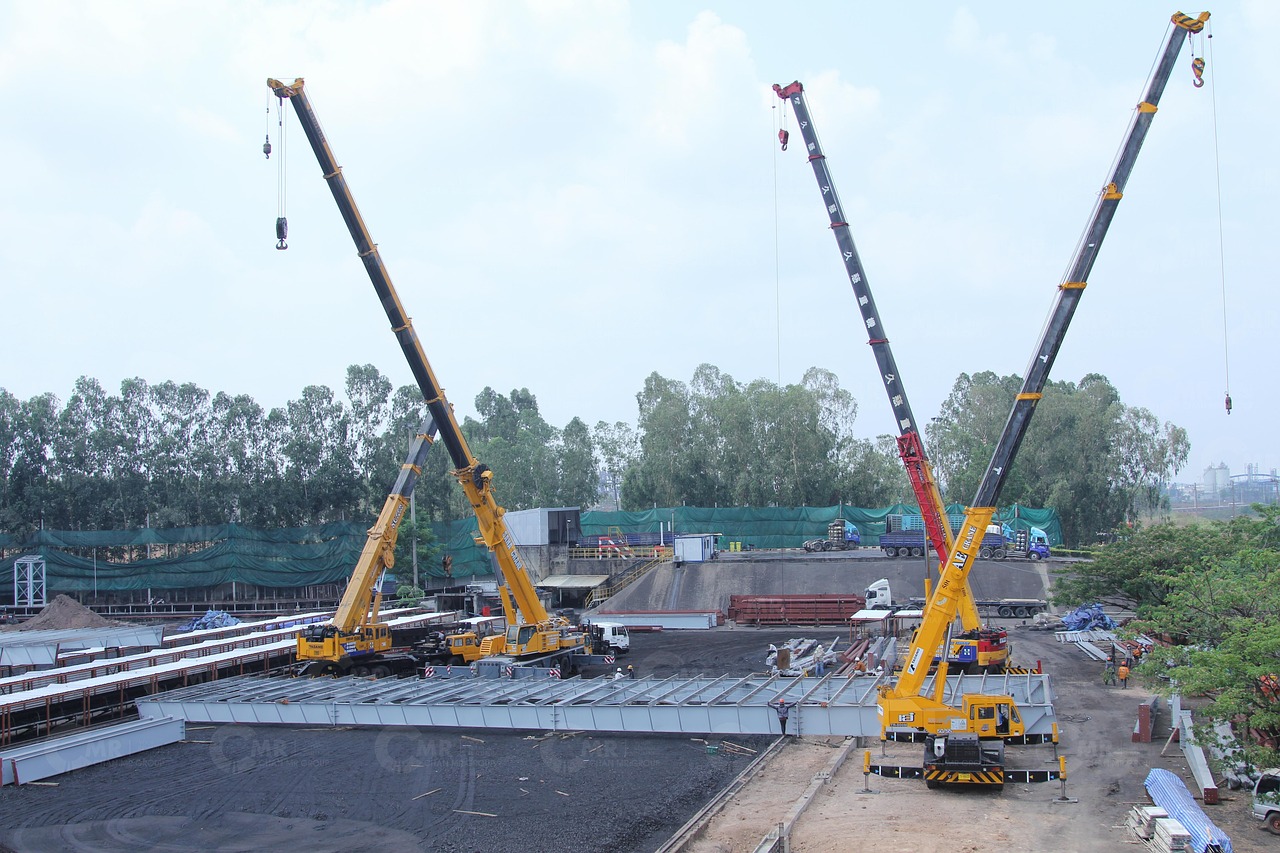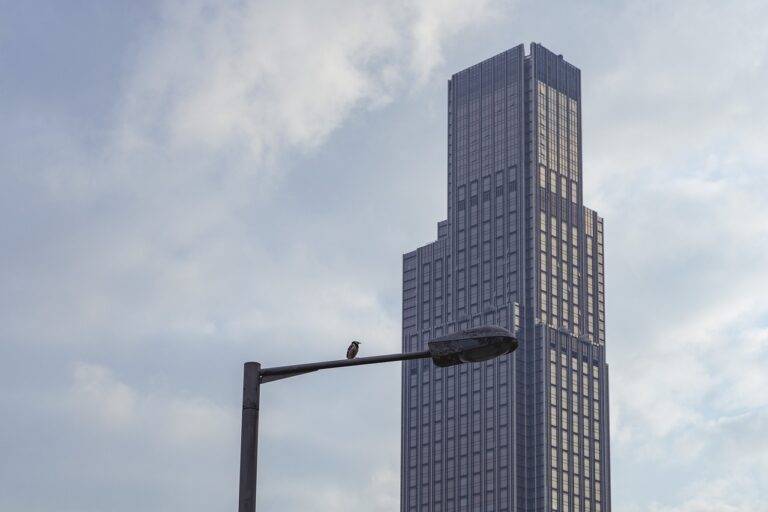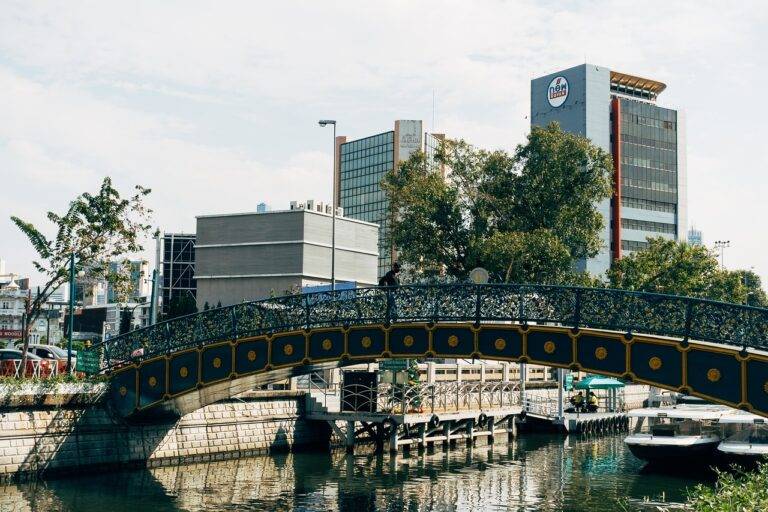Analyzing the Market Potential of Bamboo as a Building Material: Bet bhai, Cricket bet 99, Diamondexch9
bet bhai, cricket bet 99, diamondexch9: Bamboo has been gaining popularity as a sustainable building material in recent years, with its numerous benefits making it an attractive option for construction projects. From its eco-friendly properties to its durability and versatility, bamboo has a lot to offer in the world of architecture and design. In this article, we will be analyzing the market potential of bamboo as a building material and why it is becoming an increasingly popular choice among builders and architects.
Sustainability and Eco-Friendly Properties
One of the main reasons why bamboo is gaining traction in the construction industry is its sustainable nature. Bamboo is one of the fastest-growing plants in the world, with some species capable of growing up to three feet in a single day. This rapid growth rate makes it an incredibly renewable resource compared to traditional building materials like wood or concrete. Additionally, bamboo requires minimal water and no pesticides to thrive, making it an environmentally friendly choice for builders looking to reduce their carbon footprint.
Durability and Strength
Despite its lightweight appearance, bamboo is incredibly strong and durable. In fact, bamboo has a higher tensile strength than steel, making it an ideal material for structural support in buildings. Bamboo’s natural resilience against pests and rot also contributes to its longevity, ensuring that structures built with bamboo will stand the test of time. This durability is a significant selling point for builders and homeowners looking for low-maintenance, long-lasting construction materials.
Versatility and Design Flexibility
Another advantage of bamboo as a building material is its versatility in design. Bamboo can be shaped and molded into various forms, making it an excellent choice for creative architectural designs. From traditional bamboo hut structures to modern, sleek bamboo homes, the design possibilities with bamboo are endless. Additionally, bamboo can be used for a wide range of applications, from flooring and roofing to wall panels and furniture, providing builders with flexibility in incorporating bamboo into their projects.
Market Potential and Growth Opportunities
The market potential for bamboo as a building material is vast, with increasing demand from sustainable-conscious consumers and green building initiatives. As more people become aware of the environmental impact of traditional building materials, bamboo presents a compelling alternative that offers both aesthetic appeal and eco-friendliness. With advancements in bamboo processing technology, such as bamboo laminates and engineered bamboo products, the market for bamboo building materials is expected to continue growing in the coming years.
FAQs
Q: Is bamboo as strong as traditional building materials like wood or concrete?
A: Yes, bamboo has a higher tensile strength than steel, making it a durable and strong building material.
Q: Is bamboo a sustainable choice for construction projects?
A: Yes, bamboo is one of the fastest-growing plants in the world and requires minimal water and pesticides, making it a sustainable and eco-friendly option.
Q: Are there limitations to using bamboo in construction?
A: While bamboo is a versatile material, it may not be suitable for all building applications. It is essential to work with experienced builders and architects familiar with bamboo construction techniques.
In conclusion, the market potential of bamboo as a building material is significant, with its sustainable properties, durability, and design flexibility making it an attractive choice for builders and architects. As the demand for eco-friendly construction materials continues to grow, bamboo is poised to become a staple in the construction industry, offering a blend of aesthetics, sustainability, and strength.







